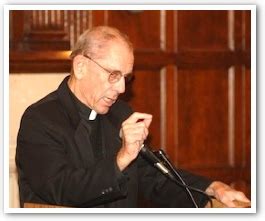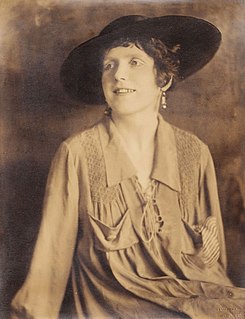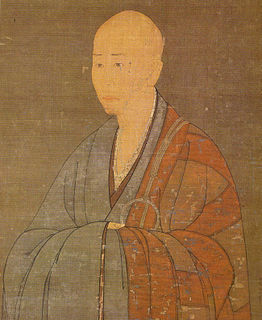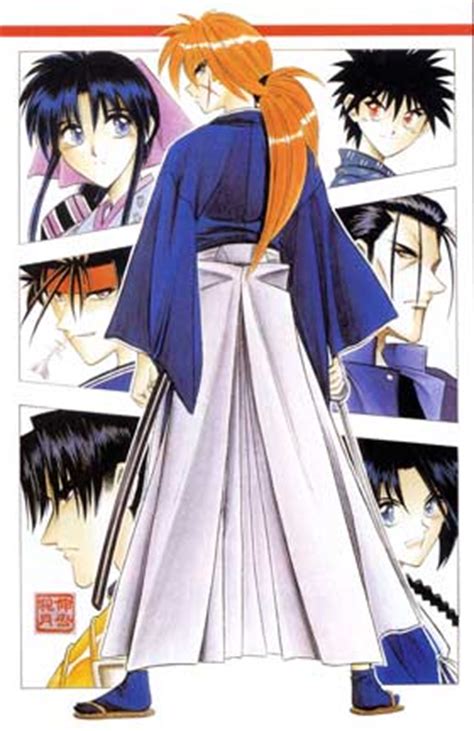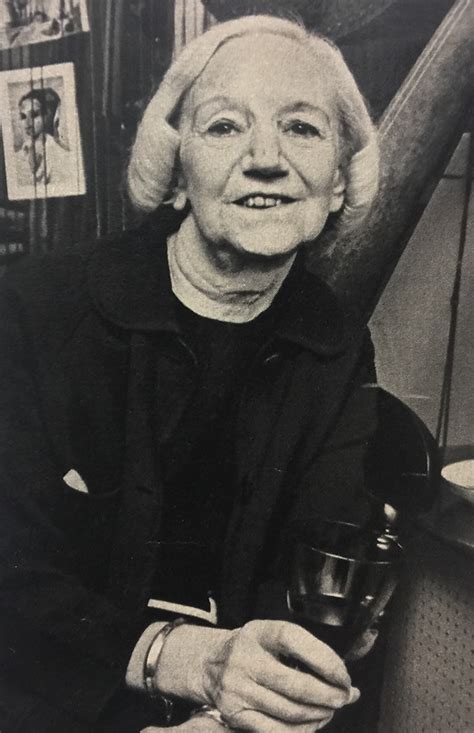A Quote by Frederick Lenz
Just as when water is frozen in to a form as ice and then melts - so at the time of death, there is no death. The spirit simply changes form.
Related Quotes
In the face of death, especially violent death, things don't make sense anymore. So death is the dissolution of either physical form or psychological form. And when a form dissolves, always something shines through that had been obscured by the form. This is the formless One Life, the formless One Consciousness.
Through death you find yourself, because you no longer identify with form. You realize you are not the form with which you had identified neither the physical nor the psychological form of "me". That form goes. It dissolves and who you are beyond form emerges through the opening where that form was. One could almost say that every form of life obscures God.
If the denial of death is self-hatred, as it is to deny our freedom and live in fear of death (which is to say, to live in a form of bondage), then the acceptance and affirmation of death is indeed a form of self-love. But I'd want to make a distinction between a form of self-love which is essential to what it means to be human, and a narcissism of self-regard, like Rousseau's distinction between amour de soi and amour propre, self-love and pride.
... these three witnesses are one, as John said: 'The water, the blood, and the Spirit' (I Jn. 5:8). One in the mystery, not in nature. The water, then, is a witness of burial, the blood is a witness of death, the Spirit is a witness of life. If, then, there be any grace in the water, it is not from the nature of water, but from the presence of the Holy Spirit.
When it does get below freezing and there is - it's cold enough for ice to form, then that changes the whole landscape, and it makes the landscape a different landscape to the one that I worked with previously. And I want to understand that. But the big tension of the ice works is that they're often made when it's cold enough to freeze one piece of ice to another.
A terrible cold world of ice and death had replaced the living world we had always known. Outside there was only the deadly cold, the frozen vacuum of an ice age, life reduced to mineral crystals. [. . .] I drove at great speed, as if escaping, pretending we could escape. Although I knew there was no escape from the ice, from the ever-diminishing remnant of time that encapsuled us.






